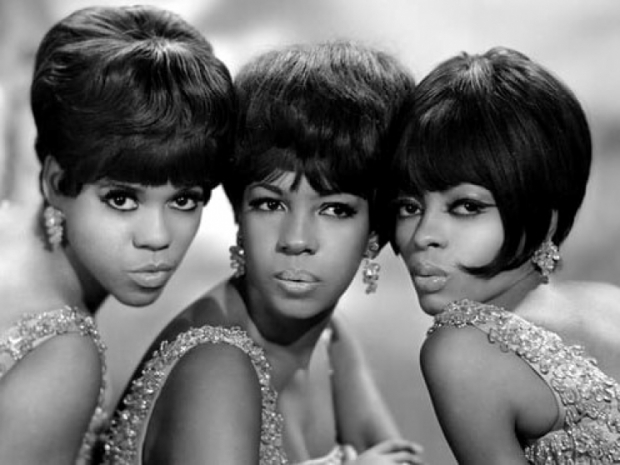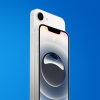The nine justices will hear arguments in Apple’s bid to escape damages in a lawsuit accusing it of breaking federal antitrust laws by monopolising the market for iPhone apps and causing consumers to pay more than they should.
The justices are involved because they have to settle a broader question: Can consumers even sue for damages in an antitrust case like this one?
Apple, which is appealing a lower court decision that revived the proposed consumer class-action lawsuit, says no, citing a decades-old Supreme Court precedent.
Apple said that siding with the iPhone users who filed the lawsuit would threaten the burgeoning field of e-commerce, which generates hundreds of billions of dollars annually in US retail sales.
However, the plaintiffs, as well as antitrust watchdog groups, said that if the justices close courthouse doors to those who buy consumer products, monopolistic conduct could expand unchecked.
Sandeep Vaheesan, legal director for the Open Markets Institute, said that a lot of tech platforms would start making the argument that consumers don’t have the standing to bring antitrust suits against them.
“Uber could say, we’re just providing communication services to ride-sharing drivers. If there’s an antitrust issue, the drivers can bring a claim, but passengers do not have standing.”
iPhone users accused Apple of violating the federal antitrust law by monopolising the sale of paid apps, leading to inflated prices compared to if apps were available from other sources.
Though developers set the prices of their apps, Apple collects the payments from iPhone users, keeping a 30 percent commission on each purchase. One area of dispute in the case is whether app developers recoup the cost of that commission by passing it on to consumers. Developers earned more than $26 billion in 2017, a 30 percent increase over 2016, according to Apple.
Apple wants the antitrust claims dismissed, saying the plaintiffs lacked the required legal standing to bring the lawsuit.
At the heart of Jobs’ Mob’s arguments is a 1977 Supreme Court ruling that limited damages for anti-competitive conduct to those directly overcharged instead of indirect victims who paid an overcharge passed on by others.
Part of the concern, the court said in that case, was to free judges from having to make complex calculations of damages.
Apple said it is acting only as the agent for app developers who sell the apps to consumers through the App Store.
The company said allowing the lawsuit would be dangerous for the e-commerce industry, which increasingly relies on agent-based sales models.
Lawsuits against companies like these would multiply “and lead to the quagmire this court sought to avoid”, Apple told the justices in a legal brief.
Apple is supported by Apple fanboy President Donald (Prince of Orange) Trump’s administration. However, the plaintiffs are backed by the attorneys general of 30 states including California, Texas, Florida and New York.
This case dates back to 2011 when several iPhone buyers including lead plaintiff Robert Pepper of Chicago filed a class action lawsuit against Apple in a federal court in Oakland, California. The judge threw out the suit, ruling that the consumers were not direct purchasers because the higher fees they paid were passed on to them by the developers.
However last year the San Francisco 9th US Circuit Court of Appeals last year revived the lawsuit, deciding that Apple was a distributor that sold iPhone apps directly to consumers.




